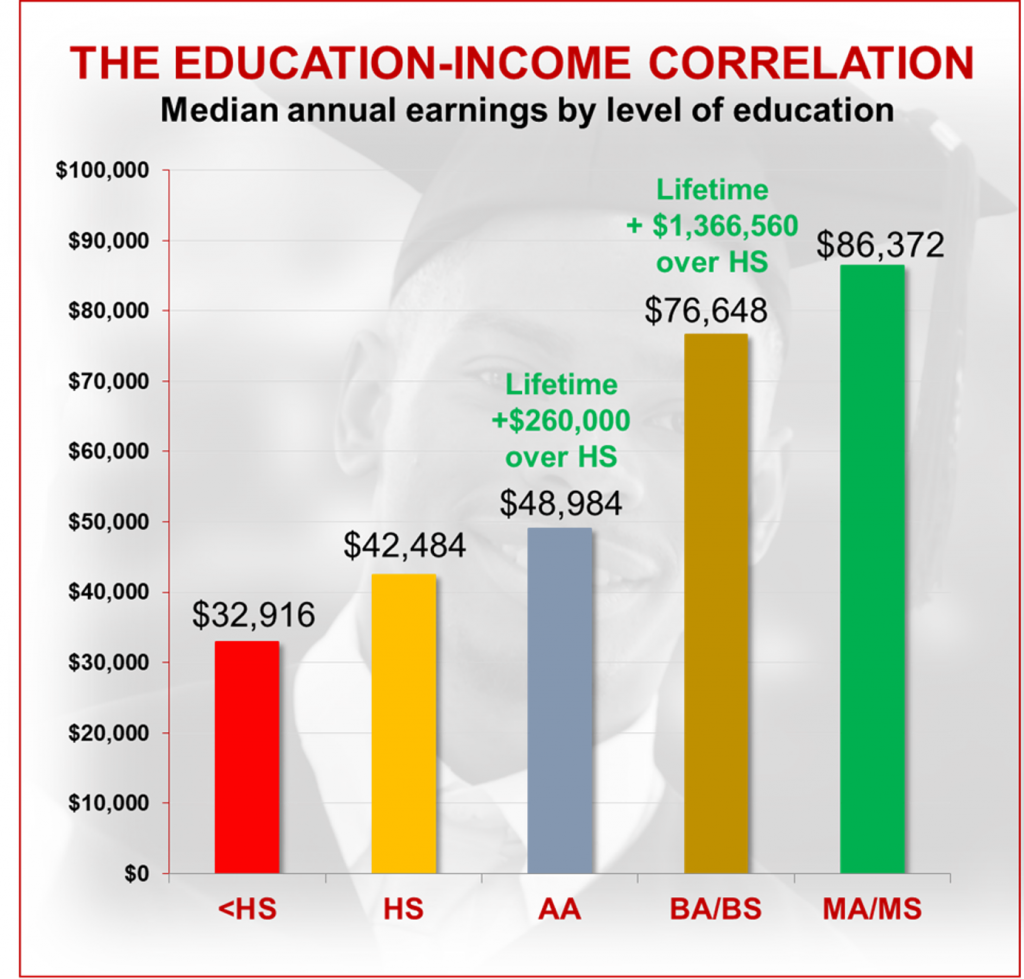by Gary Kaplan
Perspectives on pandemic loss and prospects for recovery
The New Year is upon us, and education promises to be as much a front-page story as it was in the Old Year. From learning loss to late buses, school committee politics to teacher shortages, hardly an edition went to press without an education story. The last week of the year was no exception.
The New York Times ran a piece on Christmas Day about the decades-long debate over the teaching of reading. The story touched on the developmental impact of the pandemic, the decline in NAEP scores, the battle between balanced literacy and phonics, brain science and “science of reading.” It traced the reaction against balanced literacy driven by declining reading scores, and the return to phonics in many states, even as late as high school. Whether the fault of pedagogy or Covid, low reading skills are a pandemic of their own. Urgency is expressed by many educators: “Children cannot afford to wait years to see gains,” said one. A state commissioner declared that literacy “is the most important thing we can do in public schools right now.”
The Boston Globe sounded an alarm on December 28 about the pandemic-driven decline in Massachusetts community college enrollments, down 13,000 since the fall of 2019. This is a blow to workforce development and to economic equity, since community college is the most accessible first step toward a college degree and higher earnings. The correlation between higher education and higher earnings has been clear for decades. In 2021, an associate degree was worth $260,000 more in lifetime earnings than a high school diploma, while a bachelor’s degree earned $1,367,000 more. A back-of-the-envelope computation shows that those 13,000 lost enrollments could cost the economy $3,380,000 in lost earnings. That’s not just a loss for the individuals: it’s lost consumer sales, lost taxes, lost economic growth.

The Wall Street Journal followed the scent of lost money on December 28 with a story about the effects of the pandemic on the future earnings of children who were in school during those years. A new study projects $70,000 in lost earnings for each of those millions of school children, whose lower NAEP scores foretell a future as “less educated, lower-skilled and less productive adults….” The losses could total $28 trillion over the rest of the century.
These randomly culled stories don’t represent the full range of education coverage during the past year. They don’t delve into the social or political dimensions of education, but they do touch on the key points of pedagogy, higher education, and earnings. There will be more stories in the year ahead, and we will comment on many of them.
The pandemic may be receding in the rearview mirror, but its effects are still with us. Commissioner Jeff Riley forecast a five-year recovery period from learning loss. If 2021-22 was the first year of recovery, we have four more ahead of us. But it’s not just pandemic-driven learning loss that confronts us: even before that disruption we were struggling with pervasive low skills and stubborn achievement gaps between demographic groups. Those challenges will continue to engage us.
And let’s keep in mind that all the news was not grim. Our December blog posts on MCAS gains achieved by our partner schools showed that progress is attainable despite the obstacles. Our schools made dramatic gains and even eliminated pandemic losses. We will build on those successes in the New Year and work with schools to help all students achieve grade-level skills and prepare for post-secondary training and careers. With those fair winds in our sails, we head into 2023 with optimism and renewed energy.
Our board and staff wish you a happy and productive New Year.
Gary Kaplan is the executive director of JFYNetWorks.
Referenced Posts: MCAS Gains Achieved by JFY Partner Schools
Other posts authored by Gary can be found here.
HOW ARE WE DOING? In our pursuit to serve up content that matters to you, we ask that you take a couple of minutes to let us know how we’re doing? Please click here to be navigated to our JFYNet Satisfaction Survey. Thank you!











